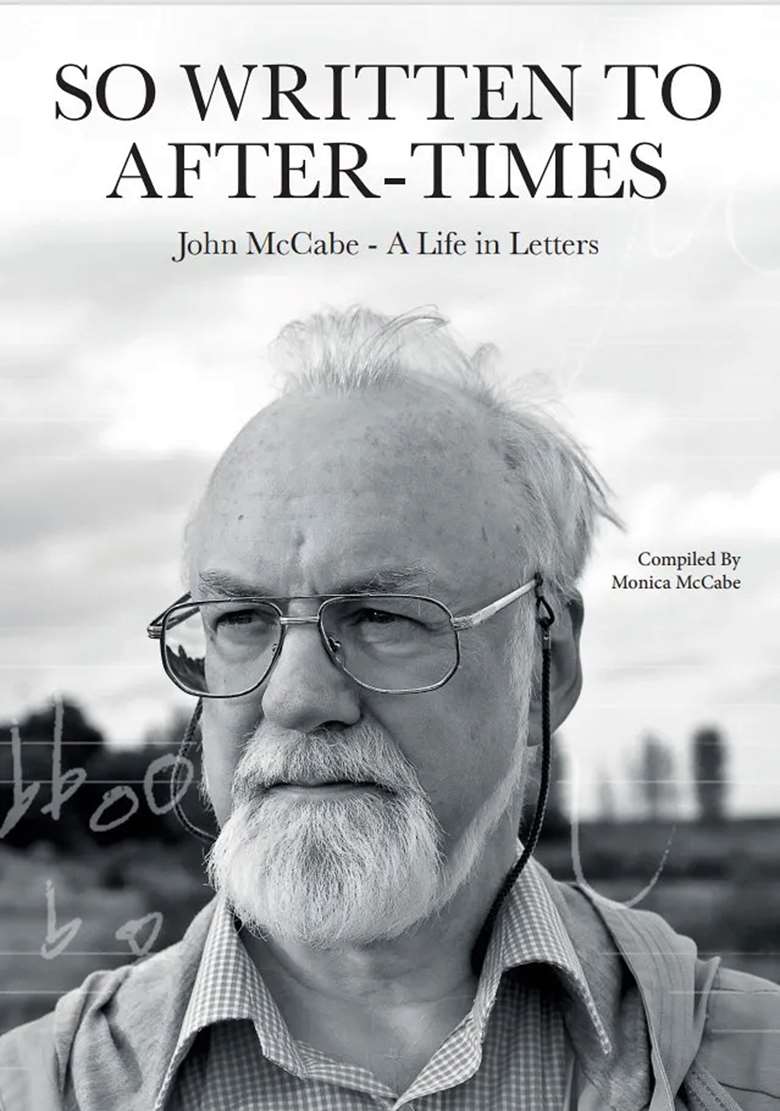Book review - So Written To After-Times: John McCabe – A Life in Letters (Compiled by Monica McCabe)
Guy Rickards
Friday, February 21, 2025
'This is a treasure trove of information, thoroughly recommended'

Register now to continue reading
Thanks for exploring the Gramophone website. Sign up for a free account today to enjoy the following benefits:
- Free access to 3 subscriber-only articles per month
- Unlimited access to our news, podcasts and awards pages
- Free weekly email newsletter














